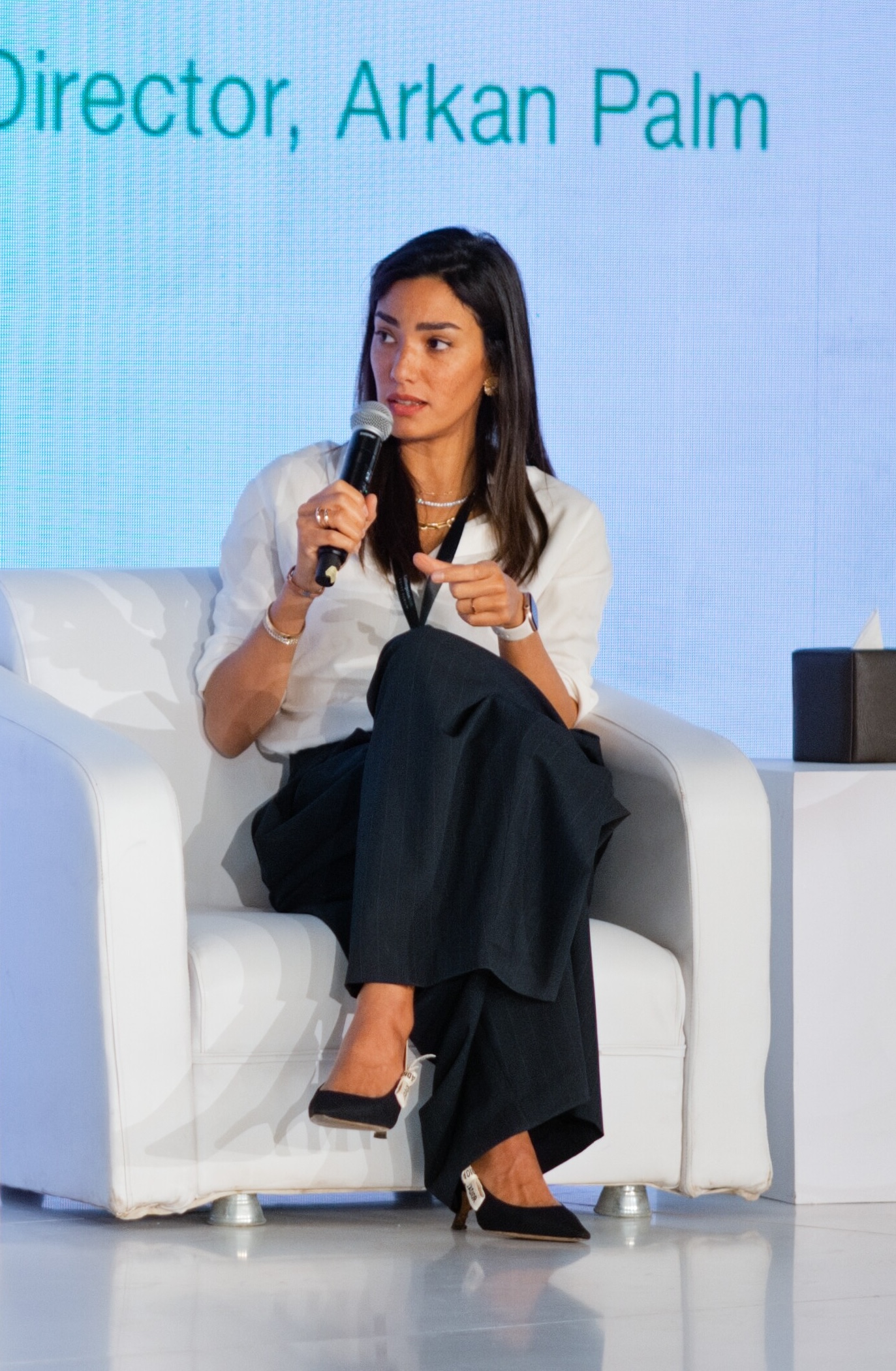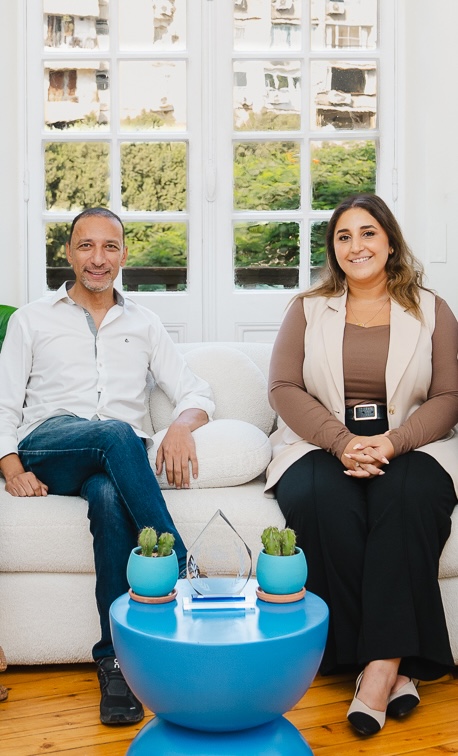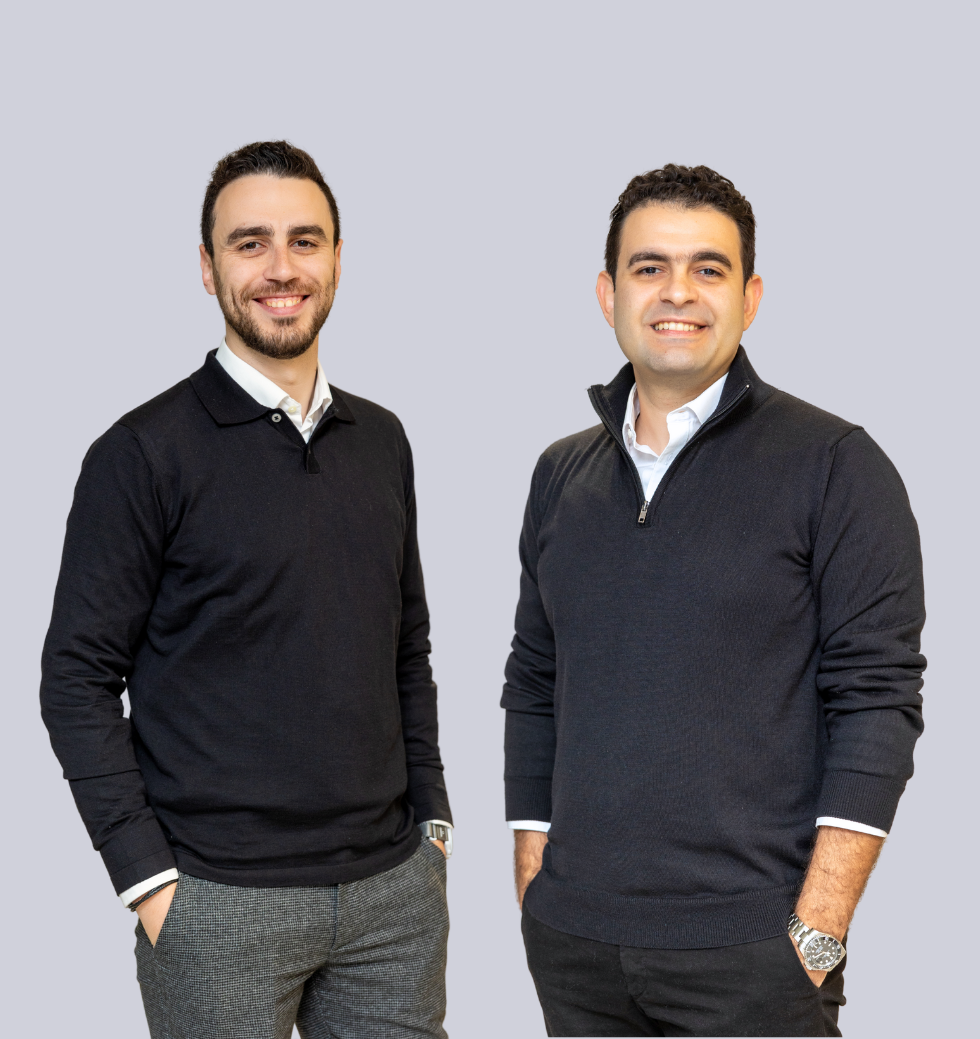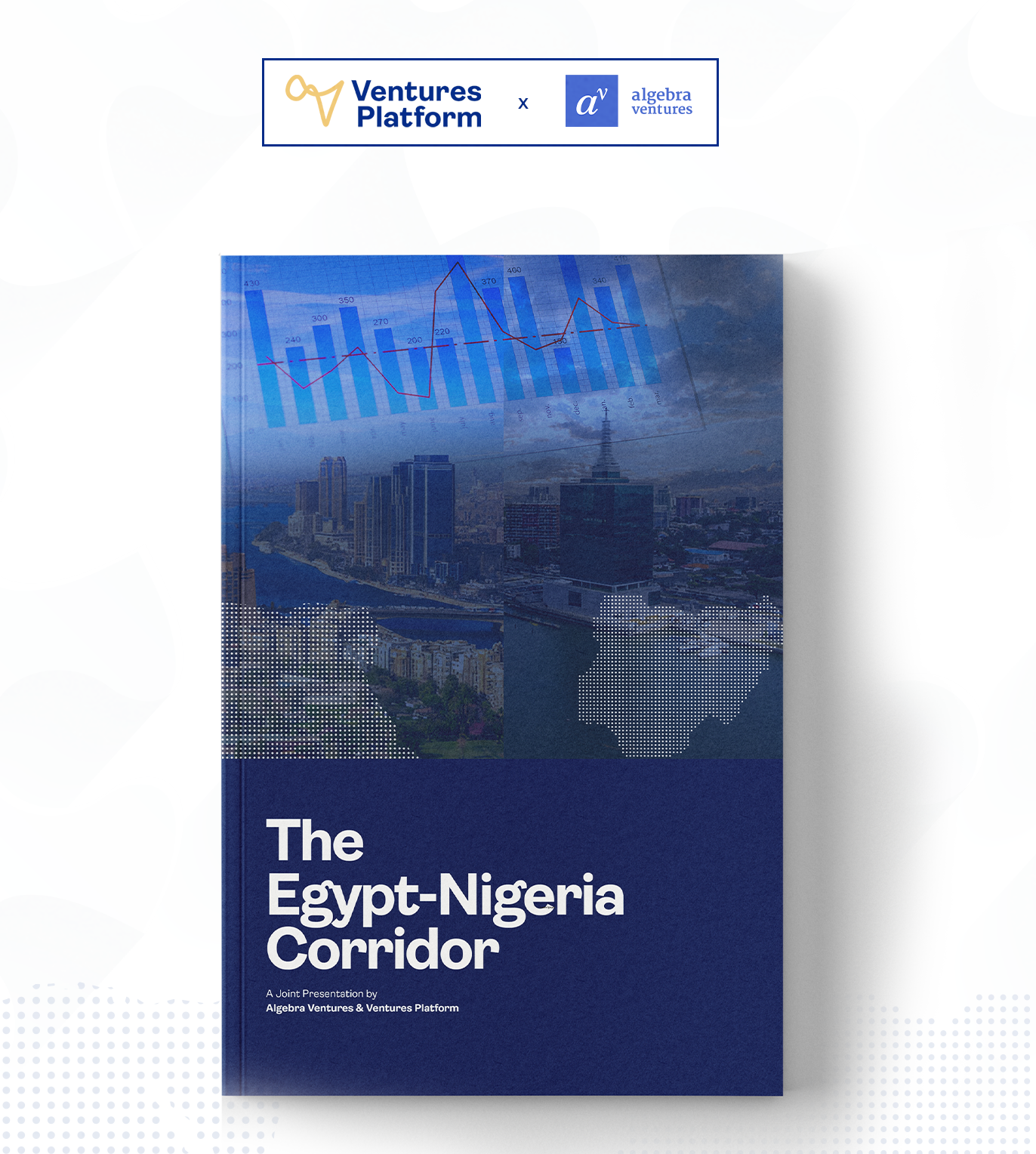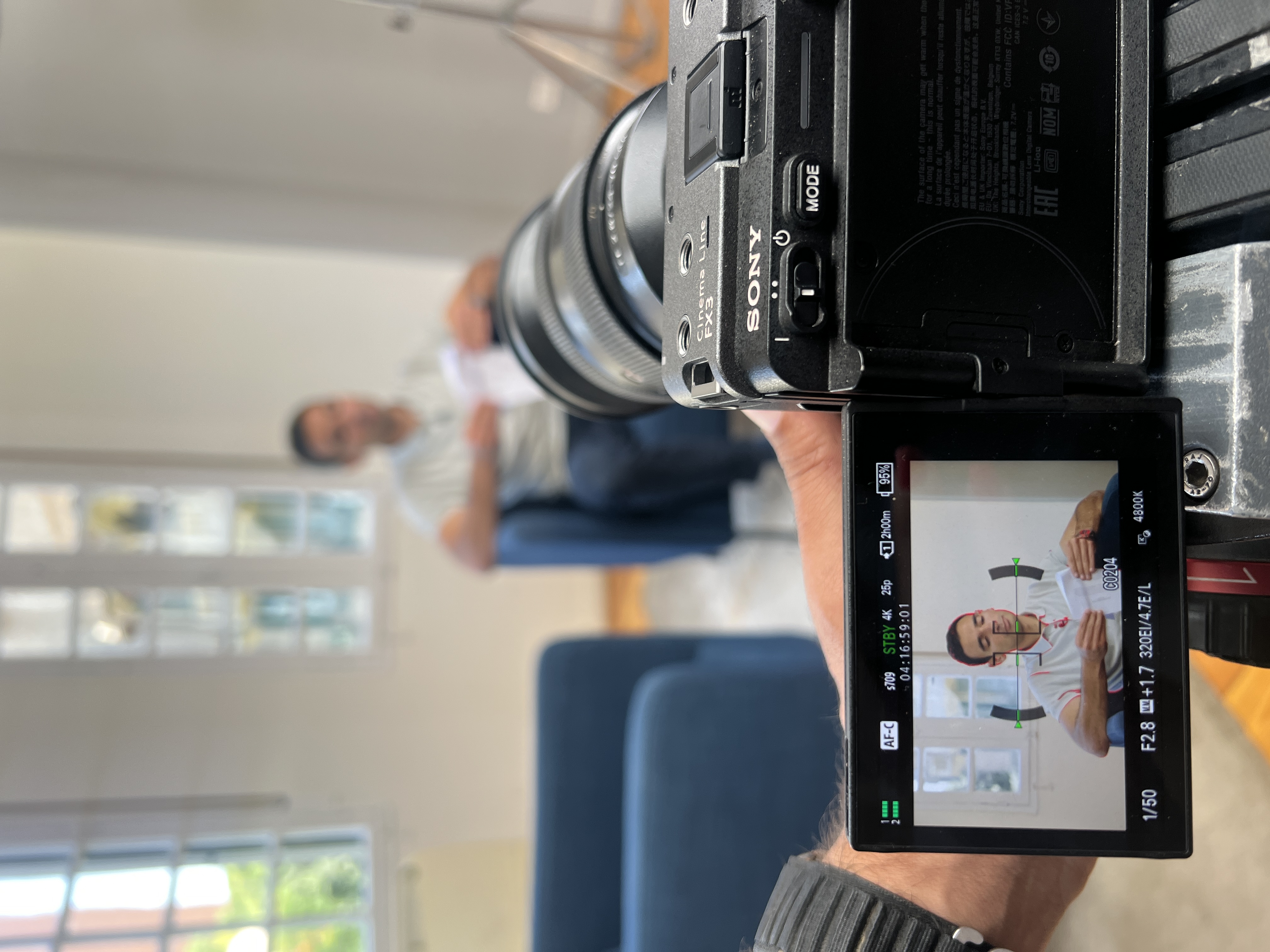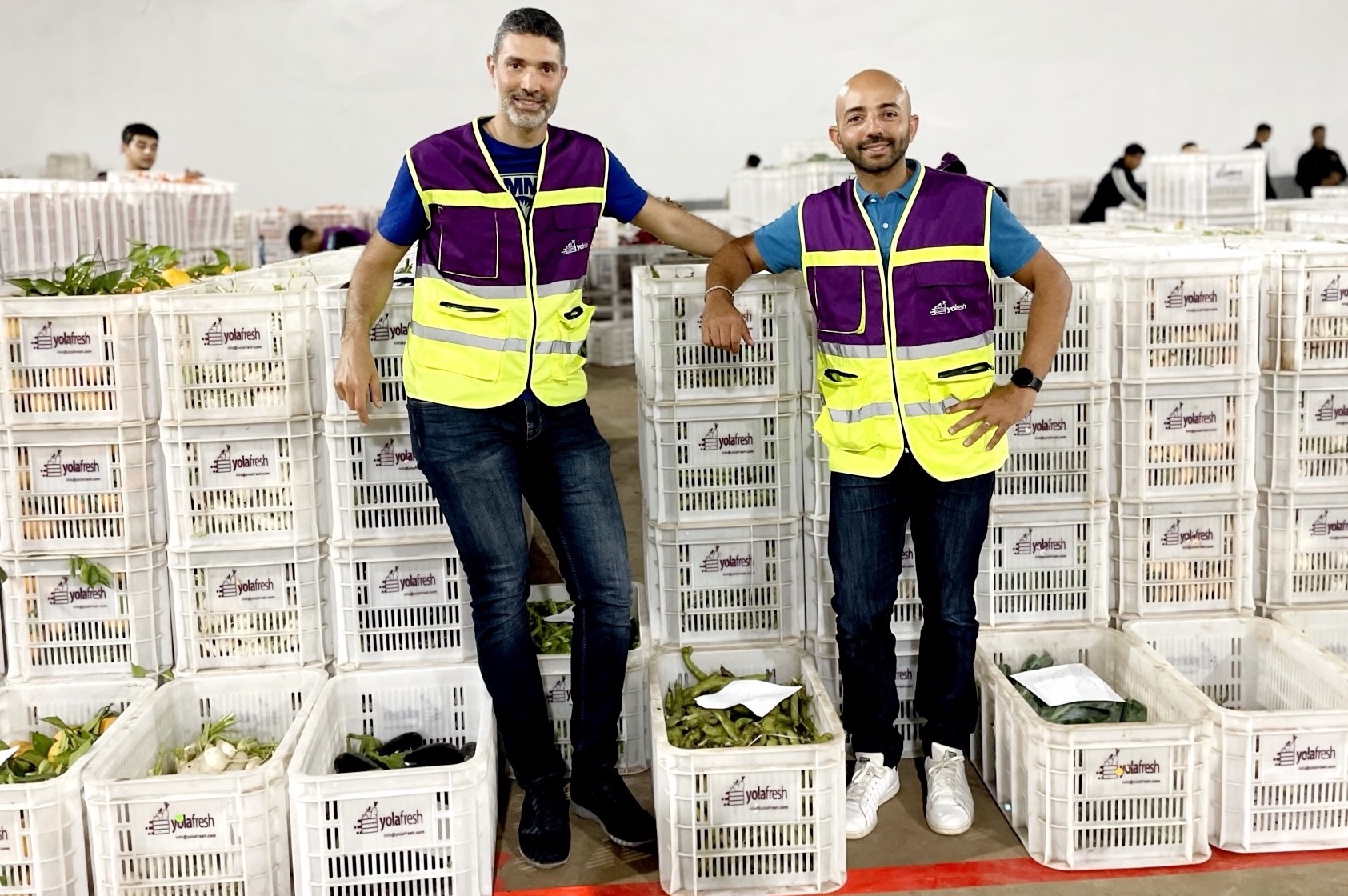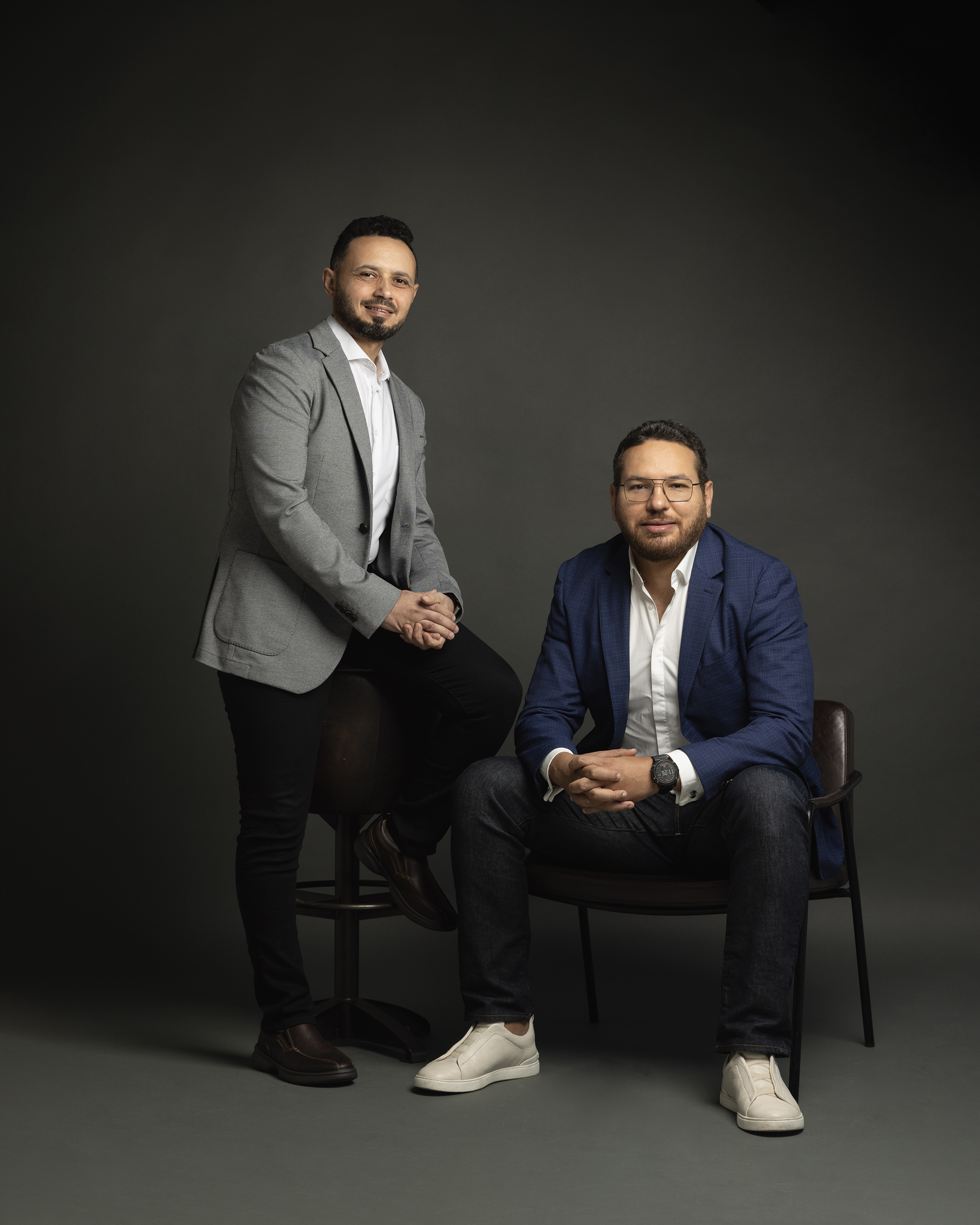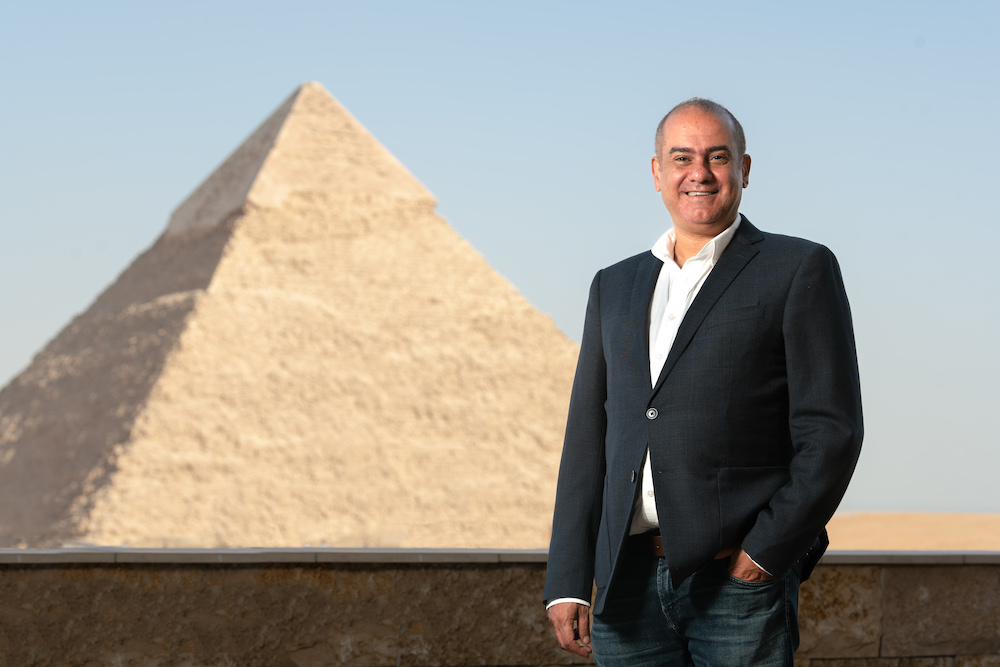
In May 2011, Ziad Mokhtar and I went to the Investment Committee of the VC fund we were managing back then to seek approval for a new cash injection that would double down on our existing investment in Fawry.
It was a tough IC. At that time, Egypt was going through unprecedented turbulence on all fronts. The uprising of Jan 2011 was still in full swing with broad economic, social, and political repercussions. News headlines were to the tune of a complete overhaul of the constitution, stringent capital controls on foreign currencies, large-scale public demonstrations, and increasing unrest in neighboring counties.
While the situation was chaotic, the future seemed alarmingly more uncertain. Talk of the rise of hardline religious political powers, the rapidly worsening economy, and sporadic violence all over Egypt were all too common. In private, family members and friends worried about personal safety and mulled over plans to leave the country altogether.
As the IC started, Ziad and I were told “no one has any business investing in anything right now.” We made the argument that it was actually a great time to invest in the company. With the right funding, Fawry would outpace less well-funded competitors, be differentiated in attracting exceptional talent, and build hard-to-replicate infrastructure at a relatively low cost.
We eventually got the approval we were seeking. We came in at a decent valuation, increased our ownership percentage, and helped close a round that would give the company enough runway to reach profitability. Fawry later went on to become the first VC-backed company to go public in Egypt and the first Egyptian unicorn.
I have seen this dynamic play out a few times over the course of my career in VC. When economic conditions become challenging, funding becomes scarcer; but companies that can withstand the turbulence emerge as big winners.
A month after we started our first fund at Algebra in October 2016, the USD went from EGP 8 to 16 then all the way up to 20. Less than a year later, companies in our portfolio were able to largely overcome the effect of the devaluation once they had found product market fit and were able to execute on a clear strategy. While painful and frustrating, a 50% hit is still manageable for a company that is growing at 3-4X per year. That level of resilience was a far cry from what most Egyptian businesses experienced at that time.
What many of these tech startups have in common is simply that they are using technology to solve a real problem and doing so profitably:
Solving a real problem. There is no shortage of inefficiencies in our part of the world. Broken supply chains, underserved consumer segments, and inflated cost structures are recurring themes.
Using tech to drive growth. While several successful startups in Egypt have had to build an operational component to their business to overcome gaps in the country’s infrastructure, the ones that were able to scale significantly have built the technology to address the specific on-the-ground problems that they are tackling. Although adoption can be challenging and may take time, technology has been the long-term differentiator of many companies that have sustained growth over time.
Have the margins to do it. Companies that create significant value, particularly in a challenging operating environment such as Egypt, are typically rewarded with healthy margins. Investors’ views on the balance between growth and profitability change over time. Fundamentally, high-margin businesses are able to withstand shocks in tough times and act more aggressively in rosier times.
Know how to attract capital. A solid business and a successful fund-raise don’t always go hand in hand. Seemingly less fundamental factors such as founders’ ability to connect with investors, “crowding in” of capital (where large investors rally behind one company, thereby scaring other investors of backing its competitor), or specific round dynamics can be critical. Having deep-pocketed investors on the cap table early on has worked well for companies in our portfolio.
After the SVB collapse, one talented founder told me “We’ve gone through devaluation, inflation, capital shortage, bank collapse… What’s next? Alien invasion?”
As challenging as the current environment is, anchoring to the investment dynamics of 2021 is unrealistic. Talented founders today can access significantly more resources than they could five years ago. There are still many positive drivers to take stock of:
Capital. VCs are seeking opportunities. Local and regional funds that raised capital in the past couple of years are still looking to deploy.
Talent. Exceptional talent, at the founder level and throughout the organization, has become much more aware of the opportunity to work for a startup. We are still seeing exceptionally talented individuals leave careers in top-tier consulting, banking, and tech multinationals to come to entrepreneurship.
User adoption. Consumers understand the value of using apps and are much more comfortable trying out new offerings.
Partnerships. Large organizations are willing to take a chance on a small startup, which was practically unthinkable a few years ago.
At Algebra, we are strong believers in the unique value that tech startups create, and we believe that now is a great time to build one. We share that conviction with our LPs, co-investors, and partners. Short of that alien invasion, we will continue to invest in Egyptian startups this year and beyond.


